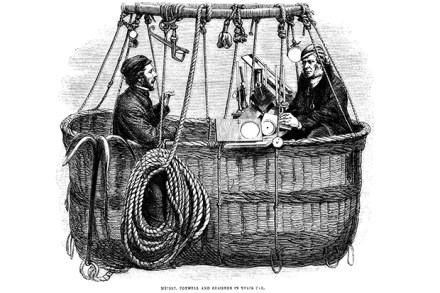Stately Spanish galleons with gold moidores
As every schoolboy knows, ‘the empire on which the sun never set’ was British, and ‘blue-blooded’ was a phrase applied to the nobility who ruled it for most of its history. And every schoolboy is wrong. The phrase was coined to describe the dominions of the Holy Roman Emperor Charles V (or Charles I of Spain), which were the first to span the requisite number of time zones; and ‘blue blood’ — sangre azul — referred to his Visigothic ancestors who reconquered Spain from the Moors, who had held it since 711 AD. These northern warlords would apparently show the purity of their ancestry by revealing the visible veins in





















